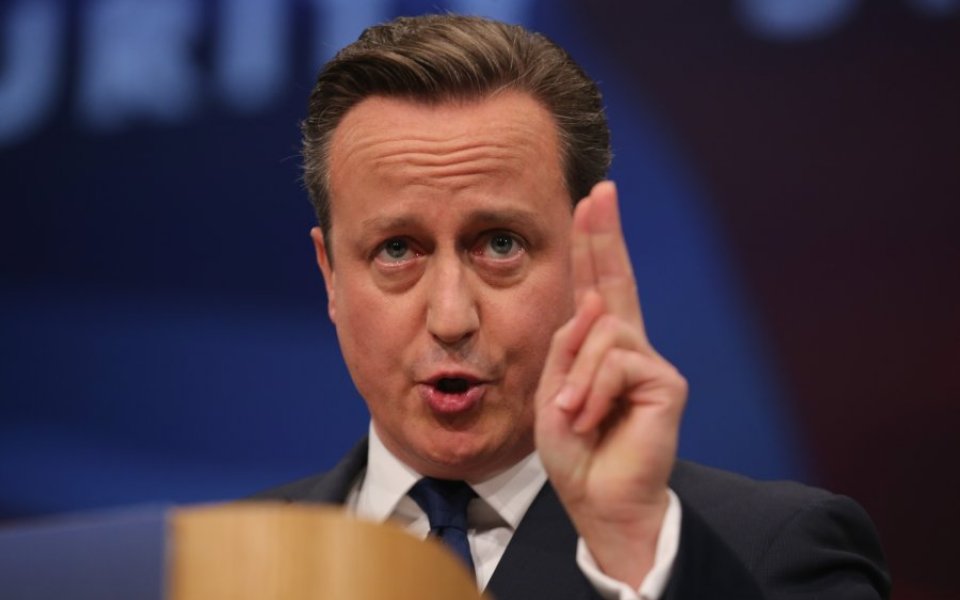EU referendum: New Open Europe poll shows David Cameron’s renegotiation efforts will have “huge impact” on Brexit vote

A new poll out today shows that Prime Minister David Cameron’s renegotiation efforts with the European Union could have a “huge impact” on the EU referendum, putting fresh pressure on Cameron just one day before he heads to Brussels to make his case to EU leaders.
The ComRes poll, conducted for the think tank Open Europe, found that voters were markedly more likely to back Brexit if Cameron failed to secure new protections for non-Eurozone states or was unable to restrict new EU migrants’ access to in-work benefits.
While pollsters found that 56 per cent of voters would currently opt to remain in the EU, and 35 per cent would vote to leave, they said the gap between the two sides would narrow dramatically if Cameron’s reforms were deemed unsatisfactory.
Eleven per cent of voters would switch from “remain” to “leave” if Cameron did not safeguard non-Eurozone states, according to ComRes. There would be a nine per cent swing to “leave” if the Prime Minister does not curb benefits for migrants.
“The EU should be aware that failing to find a deal on the UK's key demands will increase the chance of a Leave vote in the referendum,” said Open Europe co-director Raoul Ruparel. “Those leading the Remain campaign should be cautious about dismissing the reforms as unimportant, as this poll suggests they matter to the crucial undecided voters.”
The ComRes poll comes just one day after two other surveys showing growing advantages for the eurosceptics.
A new poll from ICM showed voters evenly split, with half backing “remain” and half supporting “leave”, the highest approval rating recorded by ICM for the “leave” campaigners since 2013. ICM also found that voters were more likely to back Brexit if Cameron does not manage to limit migration to the UK from other EU countries.
A separate Survation poll, also out yesterday, found that 51 per cent of voters would back Brexit, compared to 49 per cent who said they would vote to remain.
Meanwhile, Ladbrokes, the oddsmaker, said that the chances of the UK voting to leave the EU had hit an all-time high, with the bookies’ odds suggesting a 40 per cent chance of Brexit.
Cameron heads to Brussels tomorrow for a two-day meeting with fellow European leaders. Tomorrow night’s working dinner is expected to be make-or-break for the Prime Minister, as he is likely to face criticism from multiple countries opposing his migrant welfare proposals.
In an “invitation letter” to EU leaders today, EU Council President Donald Tusk said ministers must “focus especially” on “controversial” topics.
“The stakes are so high that we cannot escape a serious debate with no taboos,” Tusk said.
While Cameron has defended his proposals, he has also said that he is “open to different ways of dealing with the issue”.
Meanwhile, the Confederation of British Industry (CBI) has responded directly to accusations that it is misrepresenting business interests in the run-up to the EU referendum.
In an open letter to Vote Leave campaign director Dominic Cummings, the CBI’s new director general Carolyn Fairbairn said that “no other organisation” is “better placed than the CBI to gather and collate the business evidence and information the public needs” ahead of the in/out vote.
“We have always been clear that the CBI has some members who feel that the UK should leave the EU, and others who want to see the outcome of the current renegotiation before finally making a decision,” Fairbairn said. “These members speak up, we listen to and respect their views, and we will consult with them – and with all CBI members – again when the government’s deal has been done.”